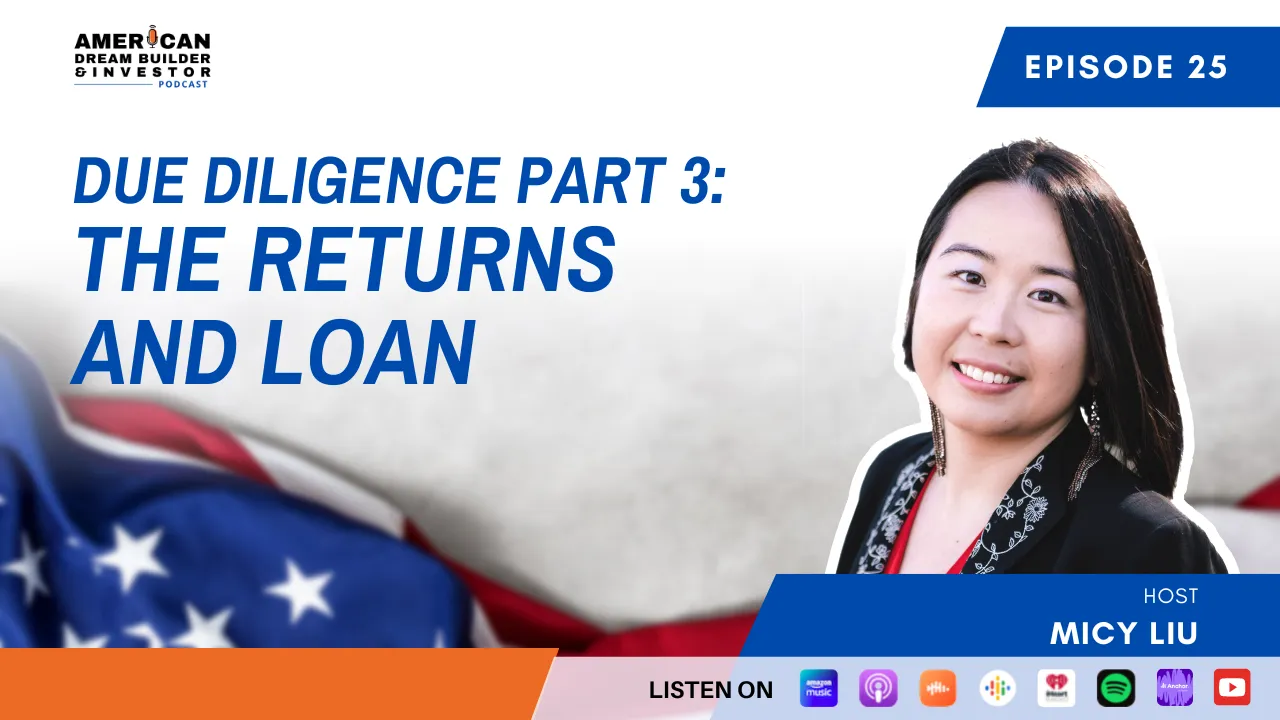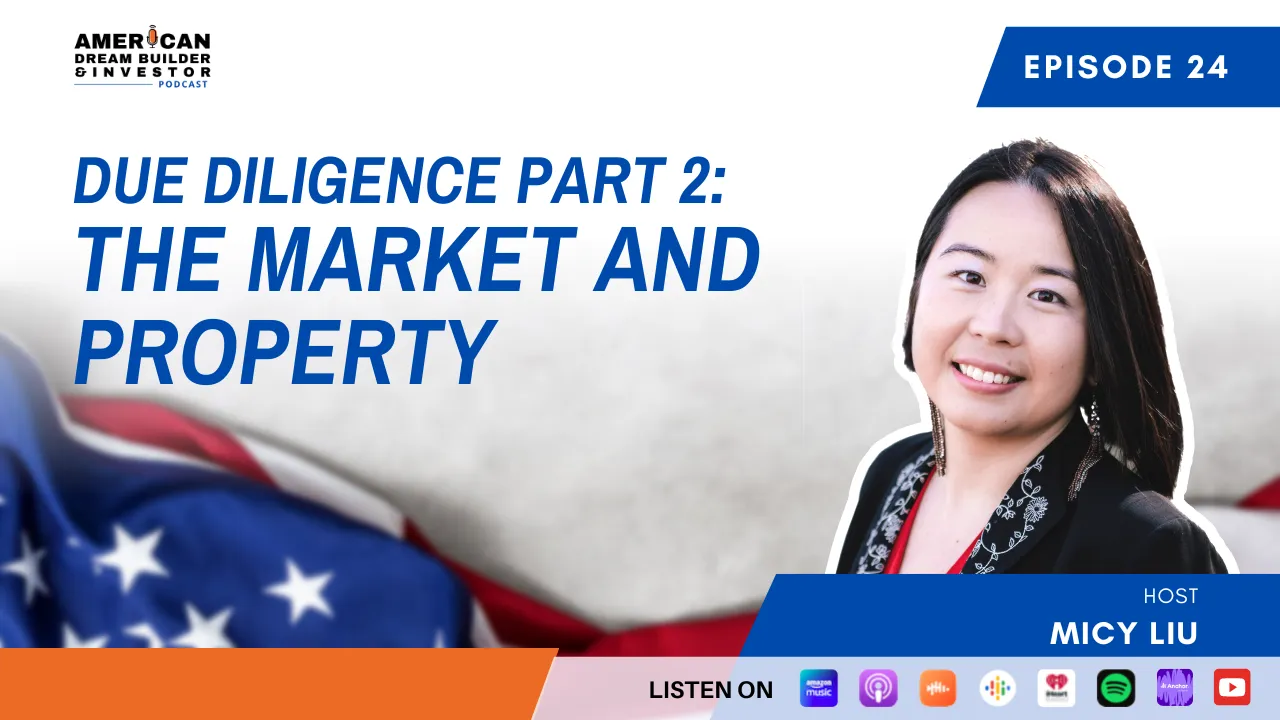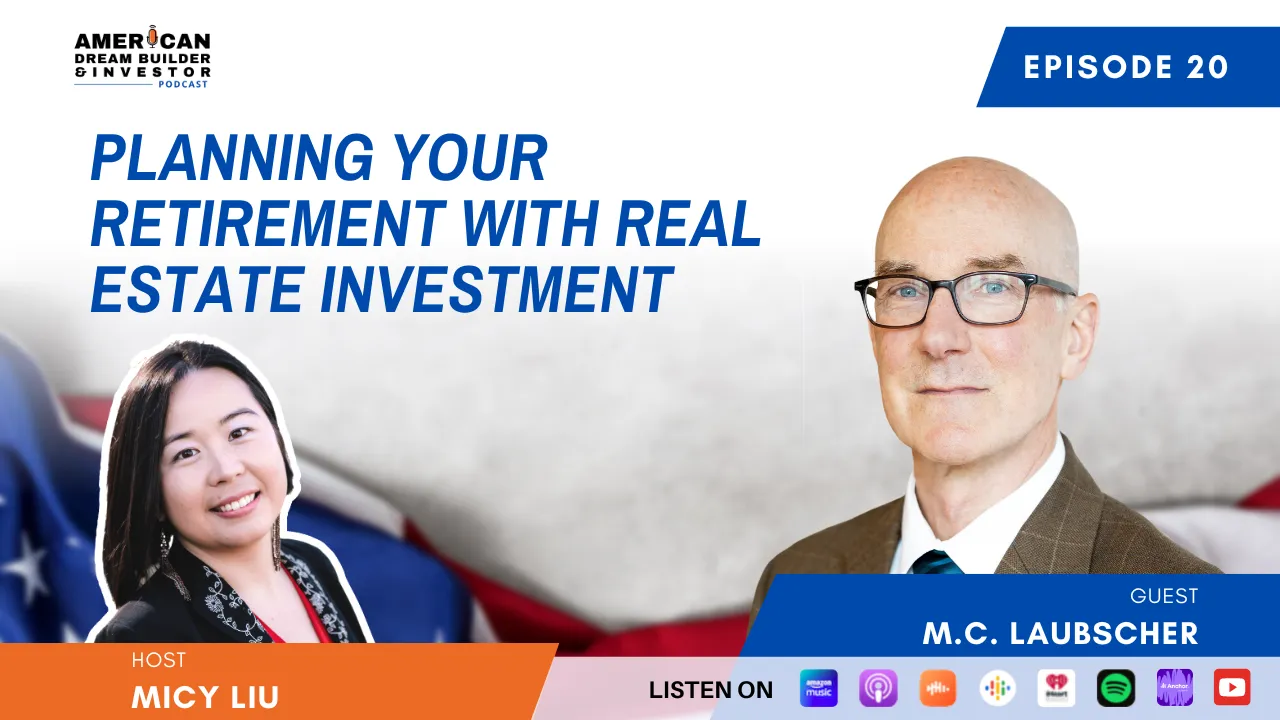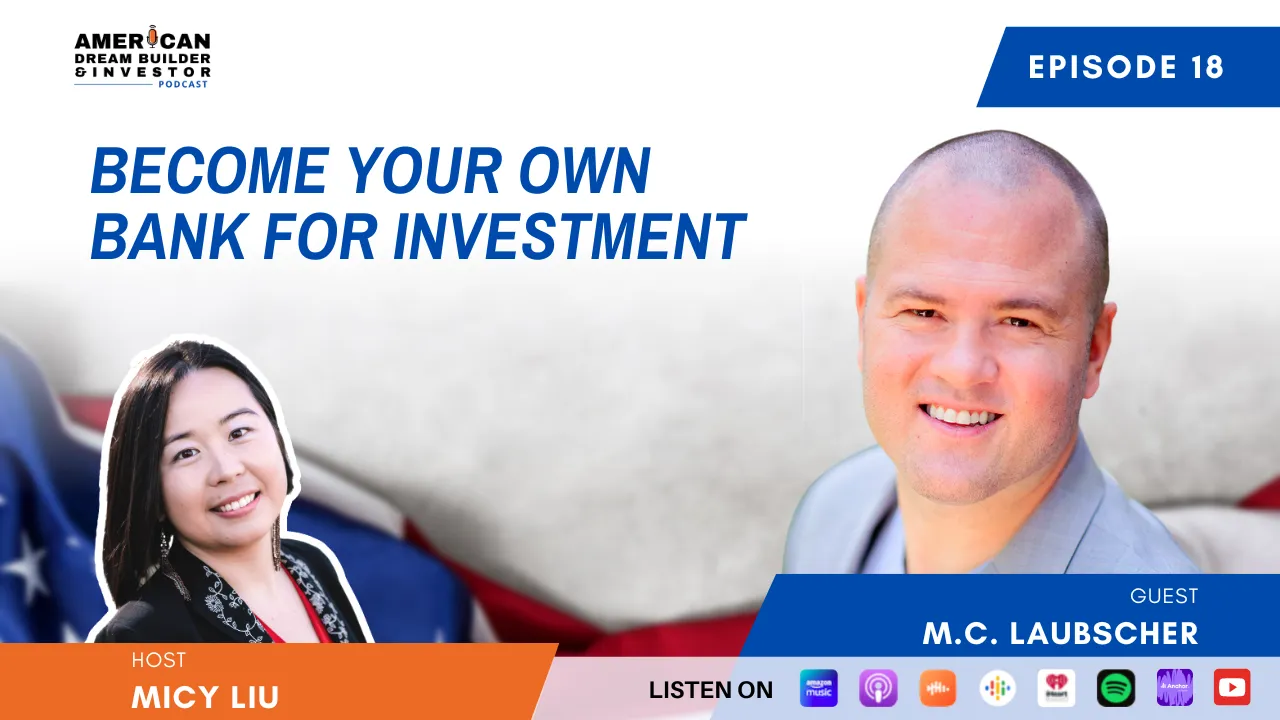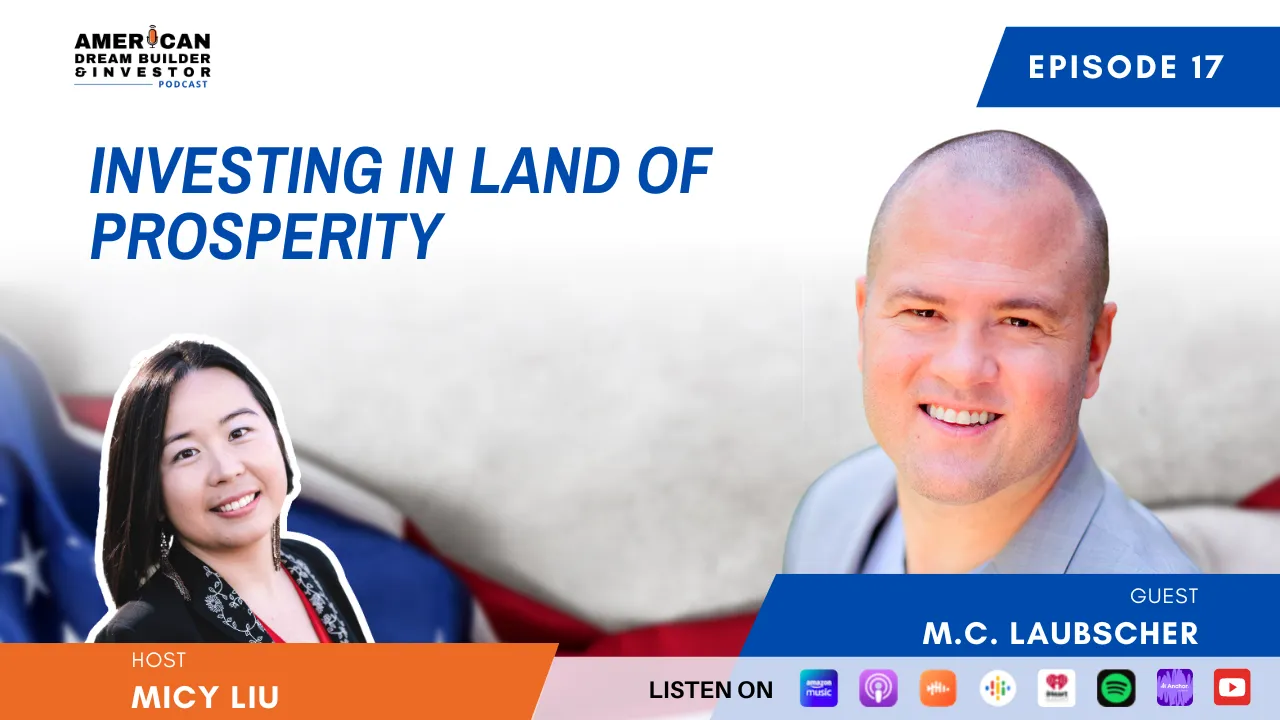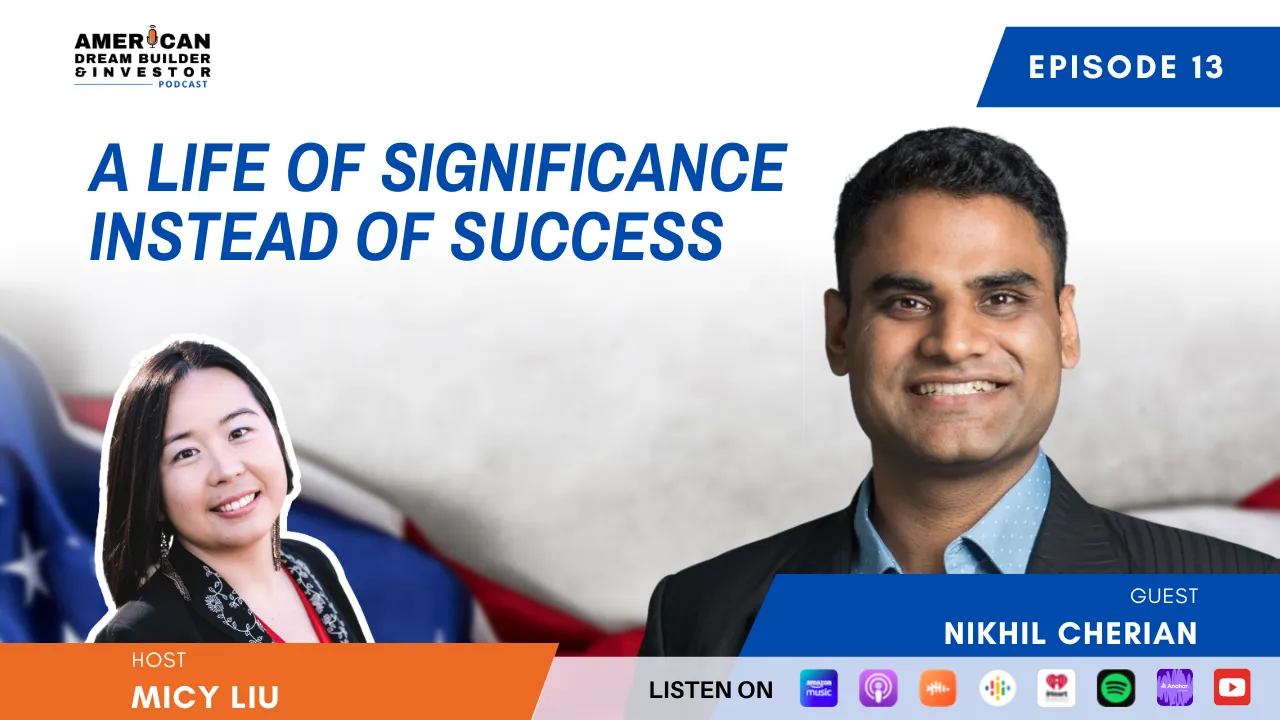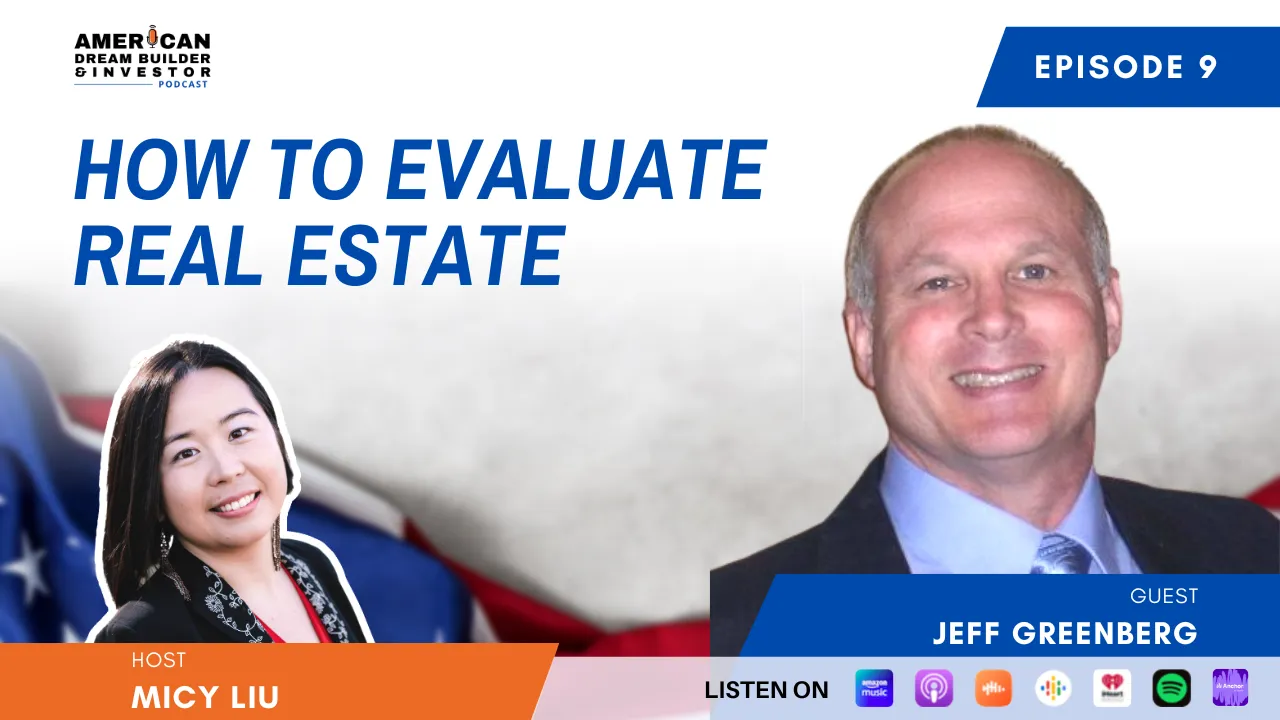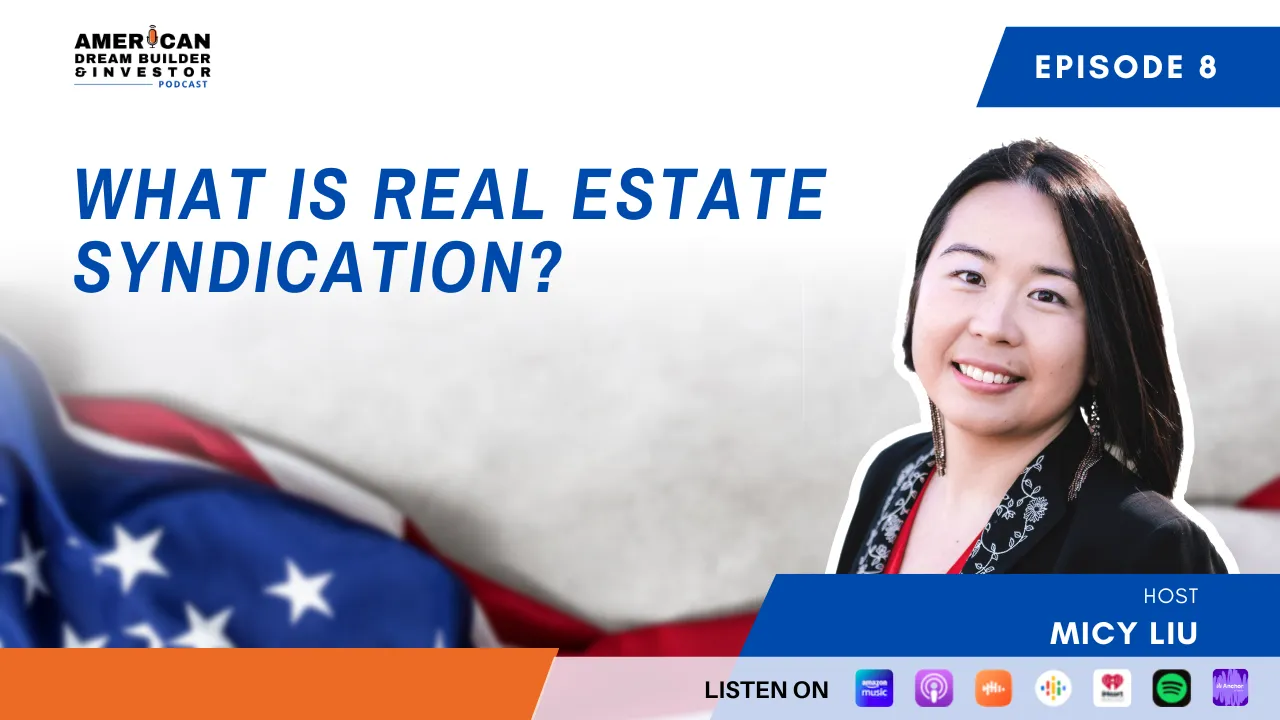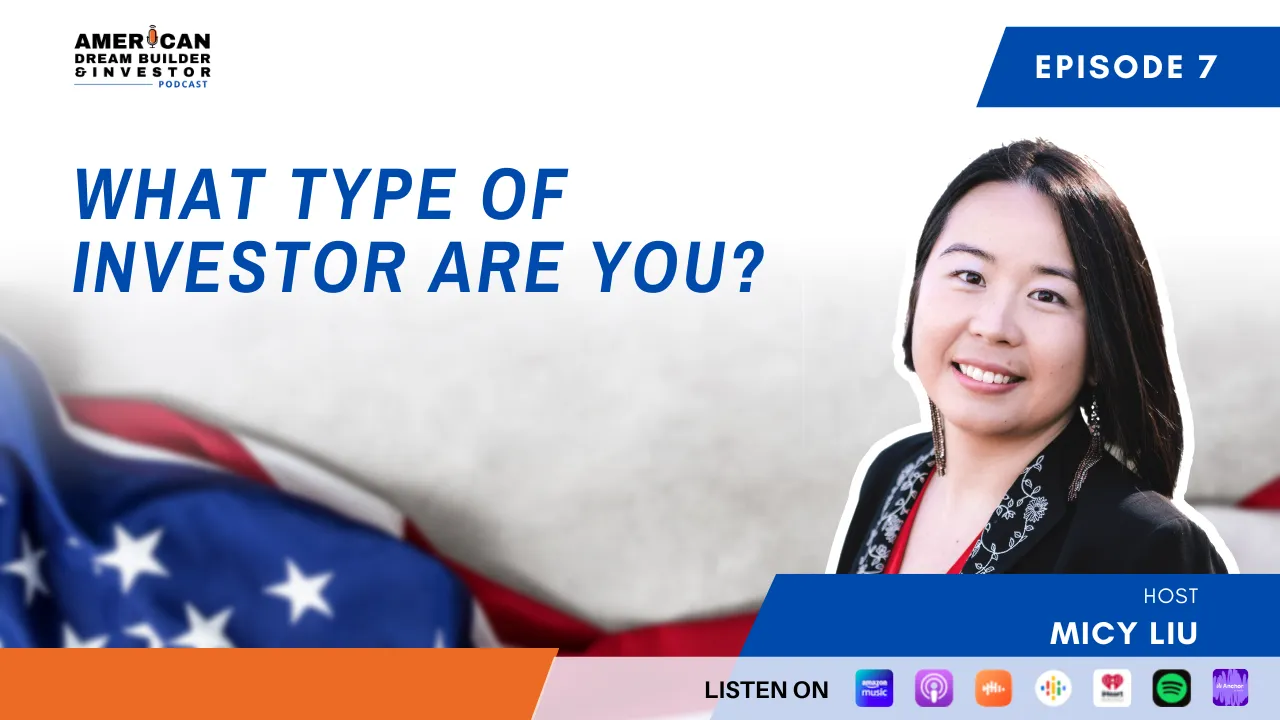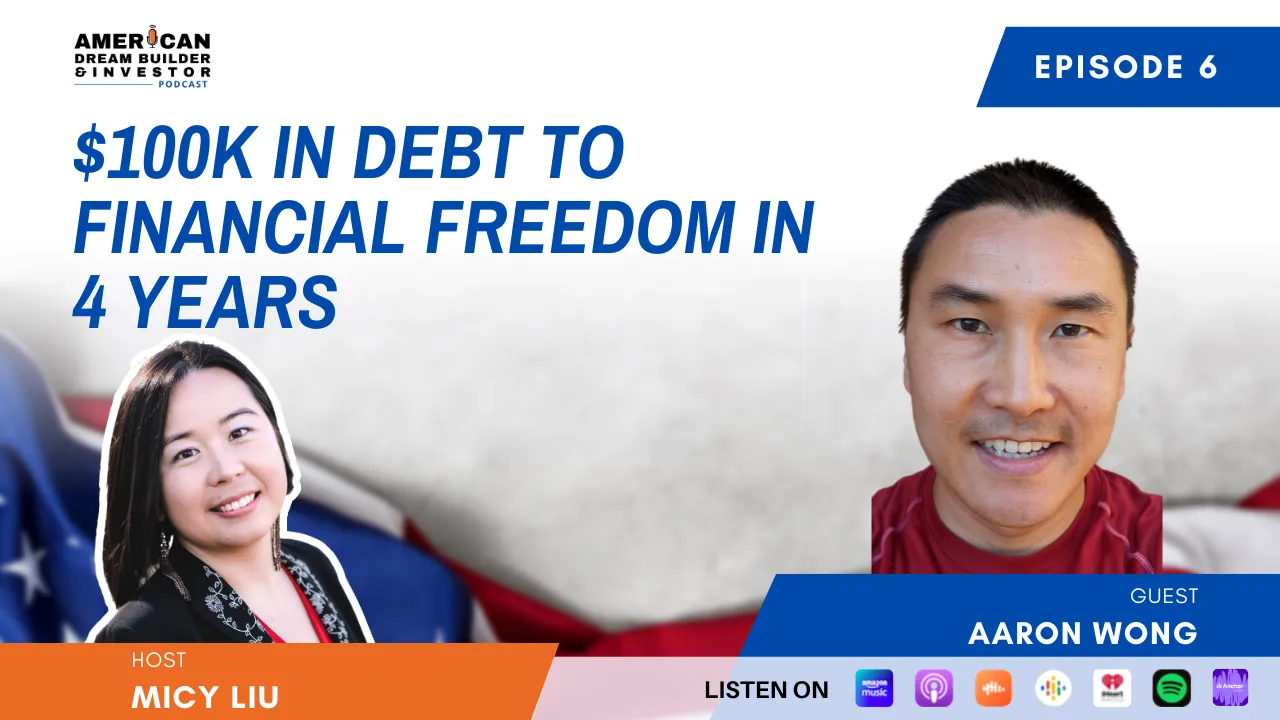How Does the Accredited Investor Accreditation Process Work?
As an investor, you may have come across the word “accredited investor”. Especially when reviewing real estate syndication opportunities, you may have come across 506c real estate syndication investment opportunities which are only for accredited investors*. You can not help but wonder if you are an accredited investor and how the accreditation process works if you are.
If you are not familiar with real estate syndication, we encourage you to check out our free ebook, “How to Passively Invest in Real Estate Syndications with no tenants or toilets”
In this blog, we will cover all what is accredited investor and how to certify for that as well.
Who is an Accredited Investor?
Accreditation status will be verified upon commitment to an offering. An accredited investor is a term used by the U.S. Securities and Exchange Commission (SEC). In order to qualify as accredited, an investor must accomplish at least one of the following:
- Earn an individual income of more than $200,000 per year, or a joint spousal income of more than $300,000 per year, in each of the last two years and expect to reasonably maintain the same level of income;
- Have a net worth exceeding $1 million, either individually or jointly with his or her spouse (excluding the primary residence);
- Be a bank, insurance company, registered investment company, business development company, or small business investment company;
- Be a general partner, executive officer, director, or a related combination thereof for the issuer of a security being offered;
- Be a business in which all the equity owners are accredited investors;
- Be an employee benefit plan, a trust, charitable organization, partnership, or company with total assets in excess of $5 million.
How Does the Investor Accreditation Process Work?
Unlike other certifications or accreditations, you do not need to apply to be an accredited investor. All you need to do is to ensure that you satisfy SEC’s criteria regarding your income, net worth, knowledge level, or affiliations, as stated in the previous paragraphs.
On the other hand, for you to prove your accredited investor status, the issuer must take “reasonable steps” to verify this status, as per SEC regulation under Rule 506(c).
Issuers commonly verify an investor’s status through any of these methods:
- Income method. To prove that an investor's income exceeds $200,000 alone, or $300,000 with a spouse, and expects a similar level of income in the future, an issuer may require an investor to produce any or some of these documents:
- Tax filings or pay stubs;
- IRS Forms like W-2s, 1040s, 1099s, K-1s or other tax documentation that report income; or
- Letter from an accountant or employer confirming their actual and expected annual income.
2. Net worth method. This is also a method used by confirming whether the net worth of an investor, or a joining net worth with spouse is in excess of $1M (excluding the value of one’s primary residence). Just like the income method, this may also require some documents such as:
- Deeds or other evidence of ownership for real estate holdings
- IRS forms
- Credit report
- Consumer credit report listing all liabilities outstanding
- Value of private company securities holdings
- Third-party valuation of property holdings
- Proof of vehicle ownership
If you have no liabilities and have a single large bank account, using this method for verification is easier. However, this could be time-consuming and complicated for investors with multiple assets or liabilities.
3. Insider method. You can easily become an accredited investor if you are a director, general partner, or an executive officer of the securities issuer. Many evidence can be obtained or readily available to the issuer to prove that you are a director, executive officer, or a general partner. These can be resolutions, incumbency, governing documents, research reports, or other certificates. This is considered as the easiest way to be verified as an accredited investor, although only a few individuals are qualified through this method. In Aug 2020, SEC also specified the licenses you can get for you to be considered as accredited investors such as Series 7, Series 65, or Series 82*.
Why getting certified as an accredited investor
We encourage the certification of the accredited investor status because we believe it can help you achieve your financial goals much faster:
- You have access to more investment opportunities across platforms from hedge funds, crowdfunding, real estate syndications etc. Now that the demand in real estate investing is continuously increasing, exciting deals and opportunities may easily fill up. Being an accredited investor grants you easier and faster access to these opportunities. More specifically, the 506c real estate syndication opportunities* for example where it only allows accredited investors to invest in those opportunities.
- These investments tend to offer high returns. This is one of the main advantages and one of the primary reasons why people are investing in real estate. Having access to more opportunities and usually better opportunities as accredited investors can help you yield higher returns.
- These investments also come with better diversification because you are able to access more opportunities for diversification purposes.
Financial freedom doesn’t come easily for anyone, it will require process, patience, and dedication. Just like real estate investing, you will need to go through a process, but once you’ve started seeing your investment growing, you’ll see that all your hard work and patience pays off.
If you are interested in investing, contact Micy Liu, founder of Life Mission Capital. Join us as we guide you through your journey to passive investment! As a starter, you can access our free ebook, “How to Passively Invest in Real Estate Syndications with no tenants or toilets”


